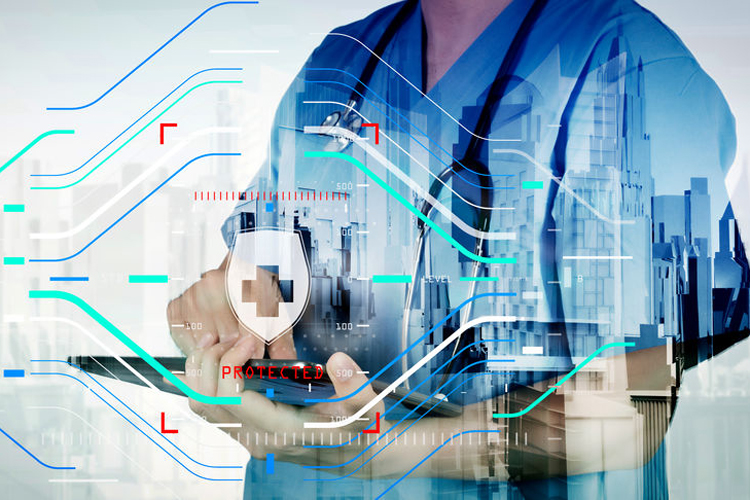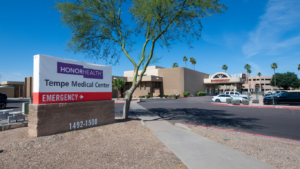Technology has revolutionized healthcare billing processes in recent years, making them more efficient and less cumbersome. Advanced software solutions have significantly improved billing accuracy and speed, reducing administrative burdens and allowing healthcare professionals to focus on patient care. Hospice receivables services, in particular, have benefited from these advancements, enabling precise and timely billing essential for service providers and patients. Healthcare facilities can enhance their billing operations’ efficiency and profitability by adopting innovative technologies.
Simplifying Complex Billing Systems
Healthcare billing involves numerous codes, patient information, and insurance details, making it a daunting task for many providers. Traditional methods, reliant on manual entries and paper trails, often lead to errors and delays. By adopting electronic health records (EHR) and medical billing software, healthcare facilities can reduce the complexity of billing systems. These technologies automate numerous tasks, from patient registration to claim submissions, significantly reducing the risk of human error.
Enhancing Accuracy and Reducing Errors
Errors in billing can lead to significant financial losses and legal issues for healthcare providers. Automated billing systems enhance accuracy by ensuring that all data entries are consistent and correct. For instance, EHRs automatically update patient information across all platforms, minimizing discrepancies. Additionally, billing software can cross-check codes against current regulations, ensuring compliance and reducing the likelihood of rejected claims.
Accelerating the Claims Process
The claims process in healthcare billing is notoriously slow, often taking weeks or months to resolve. This delay can strain healthcare providers’ financial stability. Technology accelerates this process by allowing real-time claim submissions and instant verification of insurance details. Advanced software solutions facilitate faster communication between healthcare providers and insurance companies, leading to quicker resolutions and payments.
Improving Patient Experience
A streamlined billing process directly impacts the patient experience. When patients are confident that their bills are accurate and processed promptly, their trust in the healthcare provider increases. Additionally, advanced billing services and technology can provide patients with easy access to their billing information through online portals. This transparency helps patients better understand their charges and insurance coverage, reducing confusion and enhancing satisfaction. To further enhance patient trust and ensure effective communication, partnering with a healthcare PR agency can help healthcare providers convey their commitment to efficiency and care, reinforcing a positive public image.
Reducing Administrative Burden
Healthcare providers often face a significant administrative burden in managing billing. Administrative staff must handle everything from patient registration to claim follow-ups, which can be overwhelming. By implementing automated systems, providers can reduce this burden. These systems handle many repetitive tasks, allowing staff to focus on more critical areas such as patient care and service improvement.
Ensuring Compliance with Regulations
The healthcare industry is heavily regulated, and compliance is crucial to avoid penalties and legal issues. Billing software is designed to keep up with the latest regulations and ensure that all billing practices adhere to them. This feature is especially important as healthcare regulations frequently change. Automated systems can be updated regularly to reflect new rules, ensuring continuous compliance without manual intervention.
Facilitating Data Analysis
One significant advantage of using technology in healthcare billing is the ability to analyze data effectively. Advanced billing services can generate detailed reports on various insights, enable healthcare providers to identify areas for improvement, optimize their billing processes, and enhance overall financial health.
Enhancing Security and Confidentiality
Patient data security is a top priority for healthcare providers. Traditional paper-based systems are susceptible to breaches and unauthorized access. Technological solutions offer robust security features, including encryption and access controls, to protect patient information. By digitizing billing processes, healthcare providers can ensure that sensitive data remains confidential and secure.
Advanced billing systems can generate detailed reports on various insights, enable healthcare providers to identify areas for improvement, optimize their billing processes, and enhance overall financial health.
Increasing Financial Stability
Efficient billing processes directly contribute to healthcare providers’ financial stability. By reducing errors, accelerating claim resolutions, and ensuring timely payments, technology helps maintain a steady cash flow. This stability allows providers to invest in better equipment, hire more staff, and improve their services, ultimately benefiting patients.
Adapting to Future Trends
The healthcare industry is continuously evolving, and technology plays a crucial role. By adopting advanced billing solutions, healthcare providers can stay ahead of trends and adapt to future changes seamlessly. Artificial intelligence and machine learning are expected to enhance billing processes, offering predictive analytics and more sophisticated automation.
Final Thoughts
Embracing technology in hospice receivables services is no longer optional but necessary for modern healthcare providers. Integrating advanced billing systems streamlines operations and reduces errors, significantly improving patient experiences and financial stability. As the healthcare industry continues to evolve, adapting to technological advancements will empower providers to offer higher-quality care, ensure compliance with ever-changing regulations, and maintain robust security measures for patient data. By investing in these innovations, healthcare facilities can enhance operational efficiency and remain resilient in a dynamic healthcare landscape.




